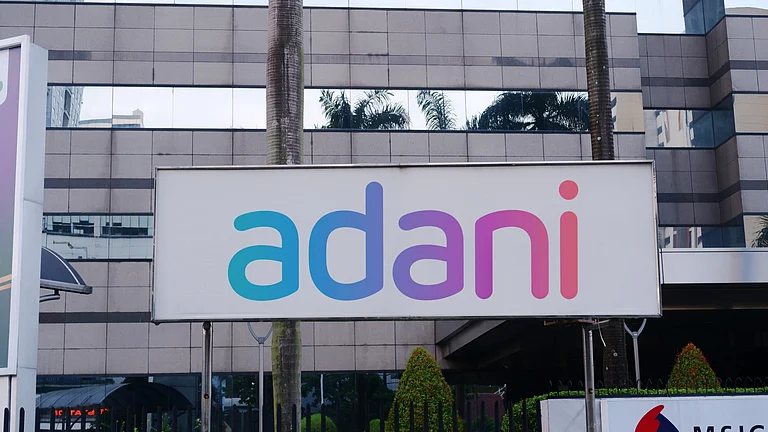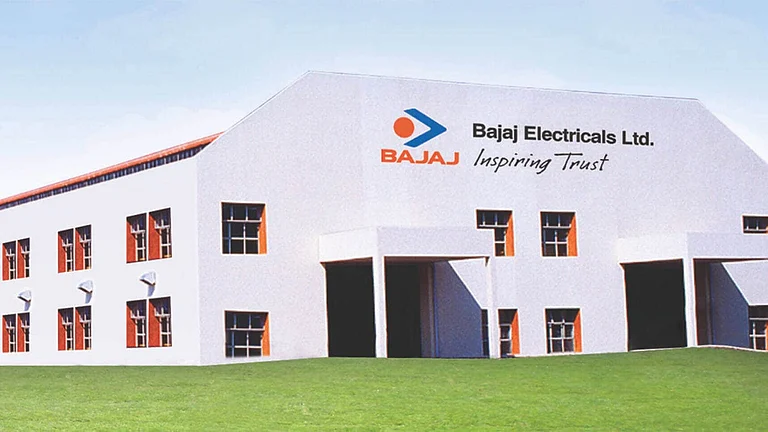Markets regulator Sebi has ordered attachment of bank accounts as well as share and mutual fund holdings of Rose Valley Hotels and Entertainment Ltd and its then directors to recover investors' dues totalling over Rs 1,000 crore.
This recovery proceeding has been initiated against them to recover Rs 1,006.70 crore collected by the company through the issuance of non-convertible debentures (NCDs) to investors, the Securities and Exchange Board of India (Sebi) said in an attachment notice on Monday.
In its notice, Sebi asked banks, depositories and mutual funds not to allow any debit from the accounts of Rose Valley and its then directors -- Gautam Kundu, Ashok Kumar Saha, Shibamoy Dutta and Abir Kundu. However, credits have been permitted.
Further, the markets watchdog has directed all banks to attach all accounts, including lockers, held by the defaulters.
"There is sufficient reason to believe that the defaulters may withdraw the amounts/dispose of the securities in the accounts held with you and realisation of amount due under the certificate would in consequence be delayed or obstructed,” Sebi noted.
"In order to protect the interest of investors, it is necessary to attach the assets of the defaulters including bank, demat accounts and mutual funds investment to prevent any alienation of the same," it added.
In November 2017, the regulator had ordered Rose Valley and its then directors to refund thousands of crores to the investors who had parked money in holiday membership plans of the group as it declared those schemes as illegal. Besides, they were barred from the markets for four years.
According to the regulator, the various plans offered by the firm with a promise of return qualify as a Collective Investment Scheme (CIS).


























.jpg?w=200&auto=format%2Ccompress&fit=max)




